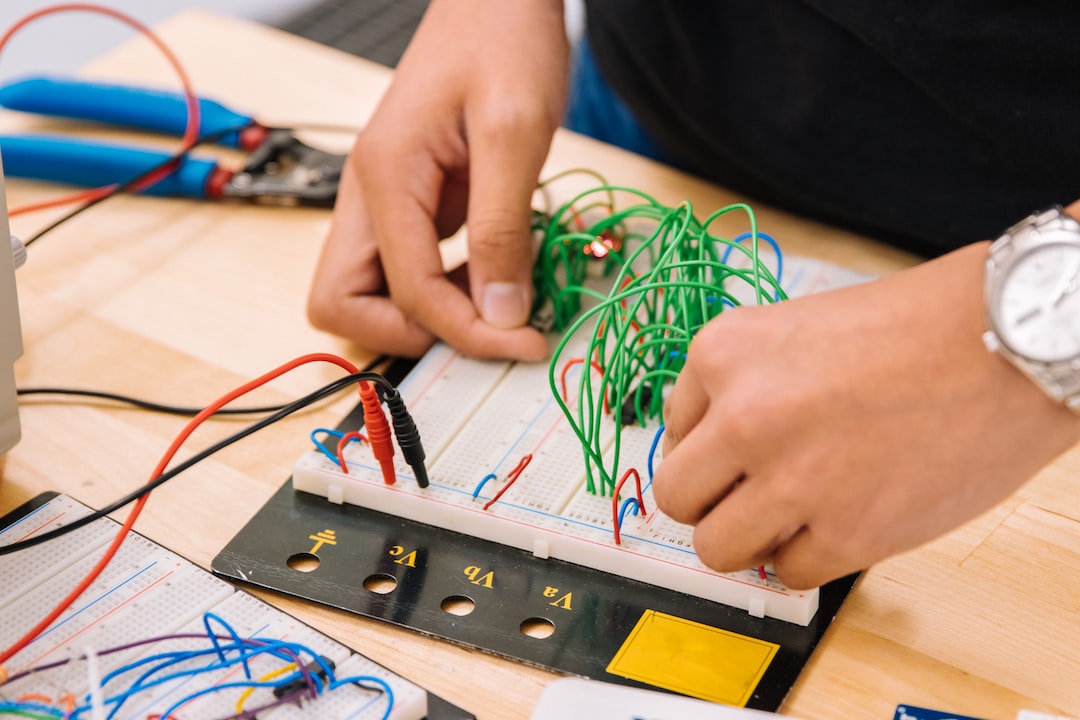E-learning for Kids: How Online Education is Transforming Early Learning
In recent years, there has been a significant rise in the use of technology in education. From virtual classrooms to interactive online resources, e-learning has revolutionized the way we learn. And this transformation is not limited to adults; it has also made its way into early learning. Today, children as young as preschoolers are benefiting from online education, paving the way for a brighter future.
E-learning for kids is not just about putting a child in front of a screen and expecting them to absorb information. It involves the integration of interactive and engaging tools that cater to a child’s unique learning style, sparking their curiosity and fostering a love for learning. Here are some ways in which online education is transforming early learning.
1. Personalized Learning Experience:
Every child is unique, with varying interests and learning capabilities. Online education platforms for kids take this into account and offer personalized learning experiences. These platforms use interactive games, videos, and quizzes to make learning fun and engaging. They also adapt to a child’s progress, ensuring that they are challenged enough without feeling overwhelmed. As a result, children can learn at their own pace, boosting their confidence and motivation to learn.
2. Access to a Vast Array of Resources:
Online education has broken down the barriers to accessing quality learning resources. Through e-learning platforms, children have access to a wide range of educational content, including interactive lessons, e-books, and educational apps. This wealth of resources caters to different subjects and learning levels, allowing children to explore various topics of interest. Online platforms also provide access to educational videos and virtual tours, providing a visual and immersive learning experience.
3. Encouraging Independent Learning:
Online education encourages children to take ownership of their learning journey from an early age. It cultivates independent learning skills by allowing children to explore topics of interest and discover answers to their questions. With online resources, children can actively engage with the content, taking control of their learning experience. This empowers them to think critically, problem-solve, and develop a lifelong love for learning.
4. Bridging the Gap between Home and School:
One of the significant benefits of e-learning for kids is the seamless integration between home and school. Parents can actively participate in their child’s education by monitoring their progress, accessing learning materials, and providing additional support when needed. Online platforms also facilitate communication between parents, teachers, and students, enabling feedback and collaboration. This collaboration strengthens the child’s learning experience and ensures a holistic approach to education.
5. Flexibility and Convenience:
Online education provides flexibility and convenience for both children and parents. Children can access their lessons and learning materials anytime, anywhere, eliminating the restrictions of traditional classroom settings. They can learn at their own pace and revisit concepts they find challenging. Parents, on the other hand, have the convenience of monitoring their child’s progress and participating in their education without the need for physical attendance at schools. This flexibility allows for a more student-centered and tailored approach to education.
6. Harnessing Technology Skills:
In today’s digital age, technological literacy is crucial. Online education equips children with the necessary technological skills, setting them up for success in the future. From basic computer skills to using educational apps and software, children become familiar with technology from an early age. This early exposure provides a foundation for further technological learning and prepares them for the demands of the digital world.
While e-learning for kids undoubtedly offers numerous advantages, it is essential to strike a balance between online and offline learning experiences. Incorporating hands-on activities, outdoor play, and social interaction remain crucial for a child’s holistic development. Nevertheless, online education presents a valuable tool to enhance early learning and create a solid educational foundation for children.
In conclusion, e-learning for kids is transforming early learning by providing personalized and engaging learning experiences. By harnessing technology and offering a wealth of resources, online education equips children with the necessary skills and knowledge for the future. It bridges the gap between home and school while fostering independent learning. With its flexibility and convenience, e-learning enables early learners to explore their full potential and thrive in the ever-evolving digital world.

